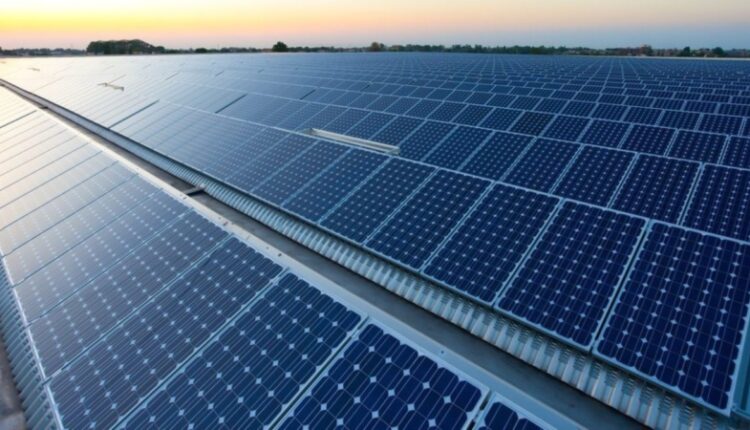New Delhi, 20th July 2023: US Energy Secretary Jennifer Granholm stated, the US-based solar manufacturing business First Solar plans to invest “billions of dollars” in solar panel production in India that will not use materials from China. Furthermore, the minister also stated that Tesla is in talks to invest in India.
Granholm informed The Economic Times about the US Development Finance Corporation’s funding for the renewables sector.
She said, “India brings in the notion of scale, and the US’ contribution is laboratories and efforts we are making to incentivise production. That combination helps both to achieve their goals.”
On July 18, Granholm was in New Delhi for the India-US Strategic Clean Energy Partnership meeting. When asked about Tesla’s aspirations to invest in India, the minister reportedly responded that the company is in talks with the Indian government as well.
During his state visit to the United States last month, Prime Minister Narendra Modi met Tesla CEO Elon Musk. Musk praised the Prime Minister for pressing Tesla to make major investments in the country during their meeting. He also stressed their commitment to explore this possibility, while with some reservations about the timing.
Meanwhile, after meeting with Oil and Gas Minister Hardeep Puri, Granholm stated, “India is one of our most essential partners in the clean energy transition.”
Granholm stated on Tuesday that the global energy transition, or the change from fossil-based fuels like oil and coal to renewable sources like wind and solar, is expected to become a USD 23-trillion market by 2030, as American corporations seek tighter relationships with Indian enterprises to capitalise on this opportunity.
She stated at the ministerial conference of the US-India Strategic renewable Energy Partnership (SCEP) that the US will need to add 2,000 gigatonnes of renewable energy to its electric grid by 2035 to reach the objective of using 100 percent clean energy.
Meanwhile, India has stated that it intends to achieve net zero emissions by 2070 and to meet 50% of its electrical needs with renewable energy sources by 2030. It plans to build 500 gigatonnes (GW) of renewable energy capacity, reduce its economy’s carbon intensity by 45 percent, and remove a billion tonnes of CO2.
These similar goals give opportunities for collaboration, which led to the formation of the SCEP.
During the meeting on Tuesday, the parties acknowledged the growing importance of bilateral energy cooperation while emphasising the critical importance of bilateral clean energy engagement and the SCEP’s achievements in strengthening energy security, creating opportunities for clean energy innovation, addressing climate change, and creating job opportunities.


